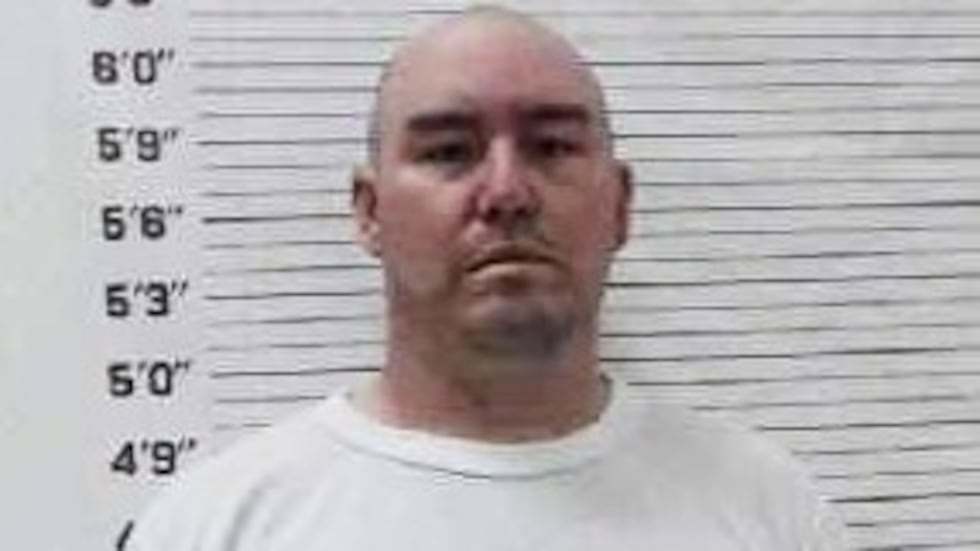High court upholds ex-rescuer’s conviction in toddler death
ATLANTA, Ga. (WRDW/WAGT) - The Georgia Supreme Court on Tuesday upheld the conviction of a former firefighter and EMT for killing his girlfriend’s nearly 2-year-old son in Columbia County.
The crimes occurred on May 1, 2019.
On Nov. 5, 2020, a Columbia County grand jury indicted Charles Michael Sconyers on charges of malice murder, two counts of felony murder, and one count each of aggravated assault and cruelty to children in the first degree.

Prosecutors presented evidence at trial showing that Sconyers and Finch lived together and that while Lincoln was at home in the sole care of Sconyers, Lincoln suffered a severe head injury that several medical experts testified was not consistent with a ground-level fall on the patio as described by Sconyers.
Lincoln died later at a hospital.
EARLIER COVERAGE:
- Prosecution rests case in slaying of Columbia County toddler
- Murder trial starts in slaying of Columbia County toddler
- I-TEAM: DFCS hearing sheds new light in death of toddler
- Family stands by man accused of killing 1-year-old
- I-TEAM: Possible warning signs predicated 1-year-old’s death, former daycare employee says
- I-TEAM: Father of murdered 1-year-old reads DFCS report: ‘It’s got me shaking.’
- ‘My soul is literally gone.’ Father of 1-year-old killed says he hadn’t seen his son in months before his death
- Heartbreak in a community after a man is charged with a toddler’s murder
After a jury trial that ended on May 13, 2022, Sconyers was found guilty on all counts in the death of Chelsea Finch’s 23-month-old son, Lincoln Davitte, from blunt-force trauma to his skull.
Sconyers was sentenced to serve life in prison with the possibility of parole for the malice murder charge, 20 years in confinement for aggravated assault, and 20 years in confinement for child cruelty. All of the sentences are concurrent.
He appealed his convictions of malice murder and cruelty to children in the first degree.
READ GEORGIA SUPREME COURT’S DECISION:
In his appeal, Sconyers contended the trial court erred in four ways:
- Repeatedly permitting prosecutors to introduce evidence of previous injuries to Lincoln without cautioning the jury that the parties agreed that Sconyers did not cause those injuries.
- Instructing the jury about “prior difficulties” between Sconyers and Lincoln without limiting what evidence qualified as prior difficulties.
- itting hearsay statements allegedly made by Finch.
- Permitting the prosecution to impeach Finch improperly.
However, the Supreme Court affirmed the conviction and sentence.
Copyright 2022 WRDW/WAGT. All rights reserved.















